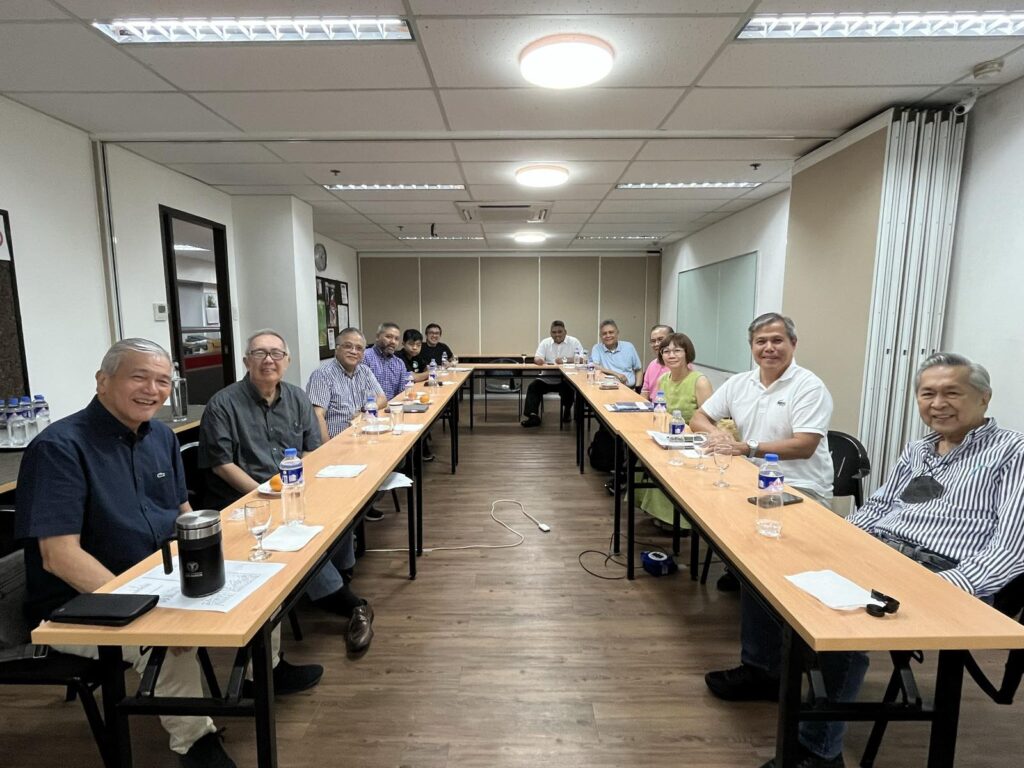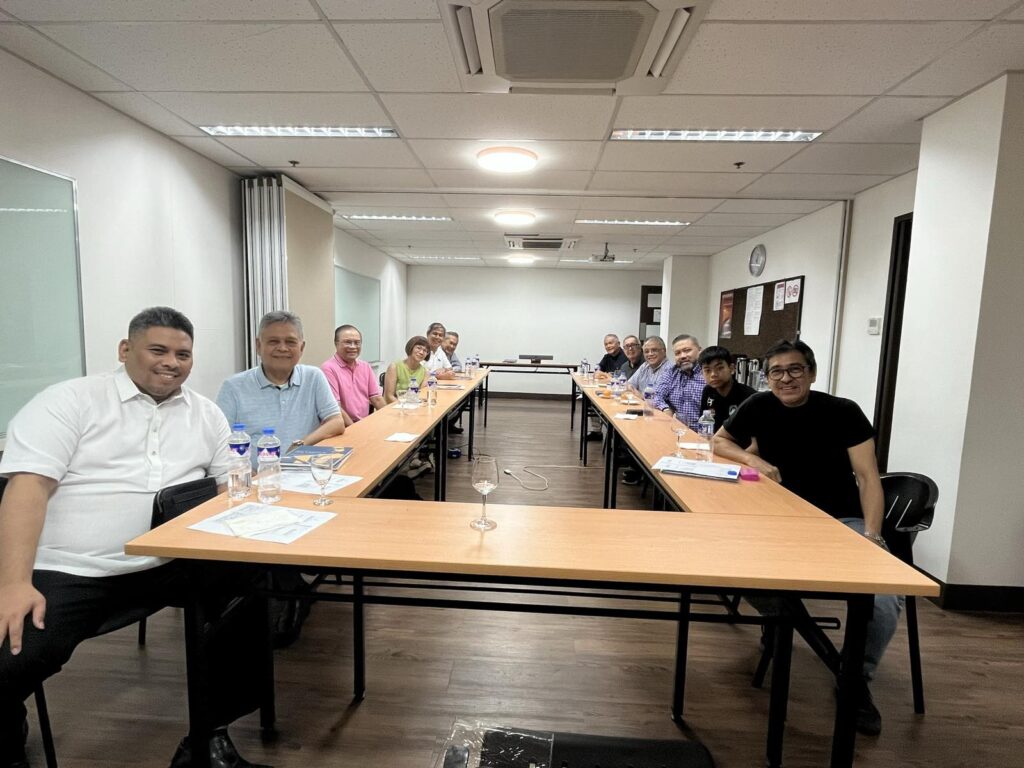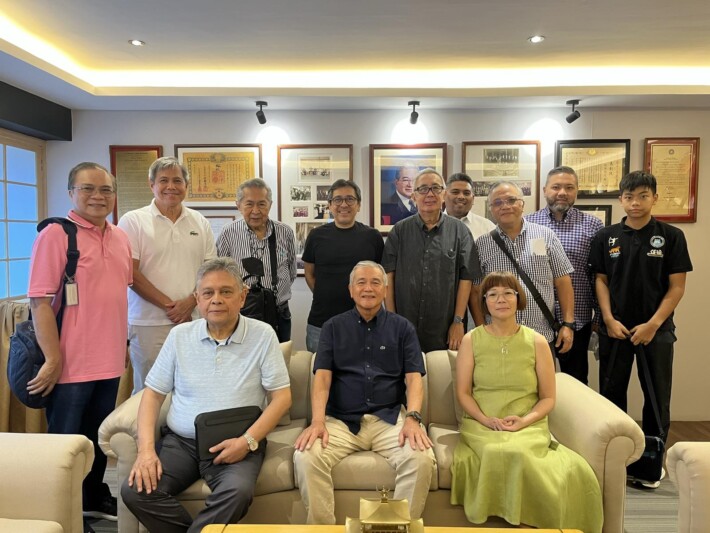Unknown to many, there was a unique student group that was sent to Japan during the war, known as the “Nampo Tokubetsu Ryugakusei” 南方特別留学生(translated: Special Foreign Students from the Southern Regions) – “Nantoku” for short. There were two batches of Filipino Nantoku – the first consisted of 10 constabulary officers and 17 civilian students, with ages ranging from 15 to 23 who landed in Japan on July 17, 1943; the second group of 24 young men, also in their teens and early 20’s followed in June 1944. All told, there were 51 Filipino Nantoku, out of around 200 young Asians who were selected from the occupied territories to study in Japan under the vaunted “Nampo Tokubetsu Ryugakusei” Program.
It was sometime in mid-1942 when Japan’s wartime Greater East Asia Ministry (大東亜省) was tasked to recruit and train young men from the occupied territories of Borneo, Siam, Java, Sumatra, Burma, Anam and the Philippines. Known as ‘pensionados or scholars of the Japanese government, the Filipinos and their classmates from Southeast Asia, learned the Japanese language and were taught Japanese culture, history, customs and traditions. They were to be groomed as future leaders under Japan’s Greater East Asia Co-Prosperity Sphere (“Daitoa Kyoueiken” 大東亜共栄圏) colonial policy.
The Program was dissolved at the end of the war in 1945, and the Filipino pensionados returned home to resume their lives as students and young professionals with a strong desire to contribute to the country’s reconstruction. They eventually rose to prominence in public service, politics, the military, business and industry, the academe and the like. The Filipino Nantoku attributed their successes in no small measure to their education in Japan and first-hand exposure to Japanese life, especially during the war. While narratives of war generally point to atrocities, death, destruction and all its horrific consequences, the Nantoku experience in Japan was punctuated by the many kindnesses, courtesies, hospitality and care extended to them by ordinary Japanese in the midst of the war.
As they became leaders in their respective fields, the Nantoku were instrumental in nurturing closer postwar relations between the Philippines and Japan, both at the professional and personal levels. Meanwhile, the Japanese Government launched the Monbusho Scholarship Program in 1954[1], whose precursor was the wartime Nantoku Program.
In 1976, the Filipino Nantoku group spearheaded the establishment of the Philippine Federation of Japan Alumni which, in March 1977 was among the Charter associations that founded the ASEAN Council of Japan Alumni. In August 1977, the Fukuda Doctrine was proclaimed.
The exceptional bonds that tied the Filipino Nantoku traced from the war years, as well as with their fellow-Nantoku from Southeast Asia during the war, continued throughout their lifetimes. They embodied bridges of reconciliation, understanding, mutual respect and friendship between their countries and their second home – Japan.
Born out of love for their fathers, the NANTOKU Descendants are organizing to trace and recognize the role of the Nantoku in Philippine history, and their passionate advocacy for the promotion of Philippines-Japan friendship after World War II. These descendants aspire to honor the memories of the Filipino Nantoku pensionados and continue their legacy of promoting friendship and understanding among the peoples of the Philippines, Southeast Asia and Japan, which the Nantoku bequeathed to generations after them.
Written by Gary Alba and Philip Sanvictores
October 2023
[1] Now known as the Monbukagakusho Scholarship 文部科学省奨学金




